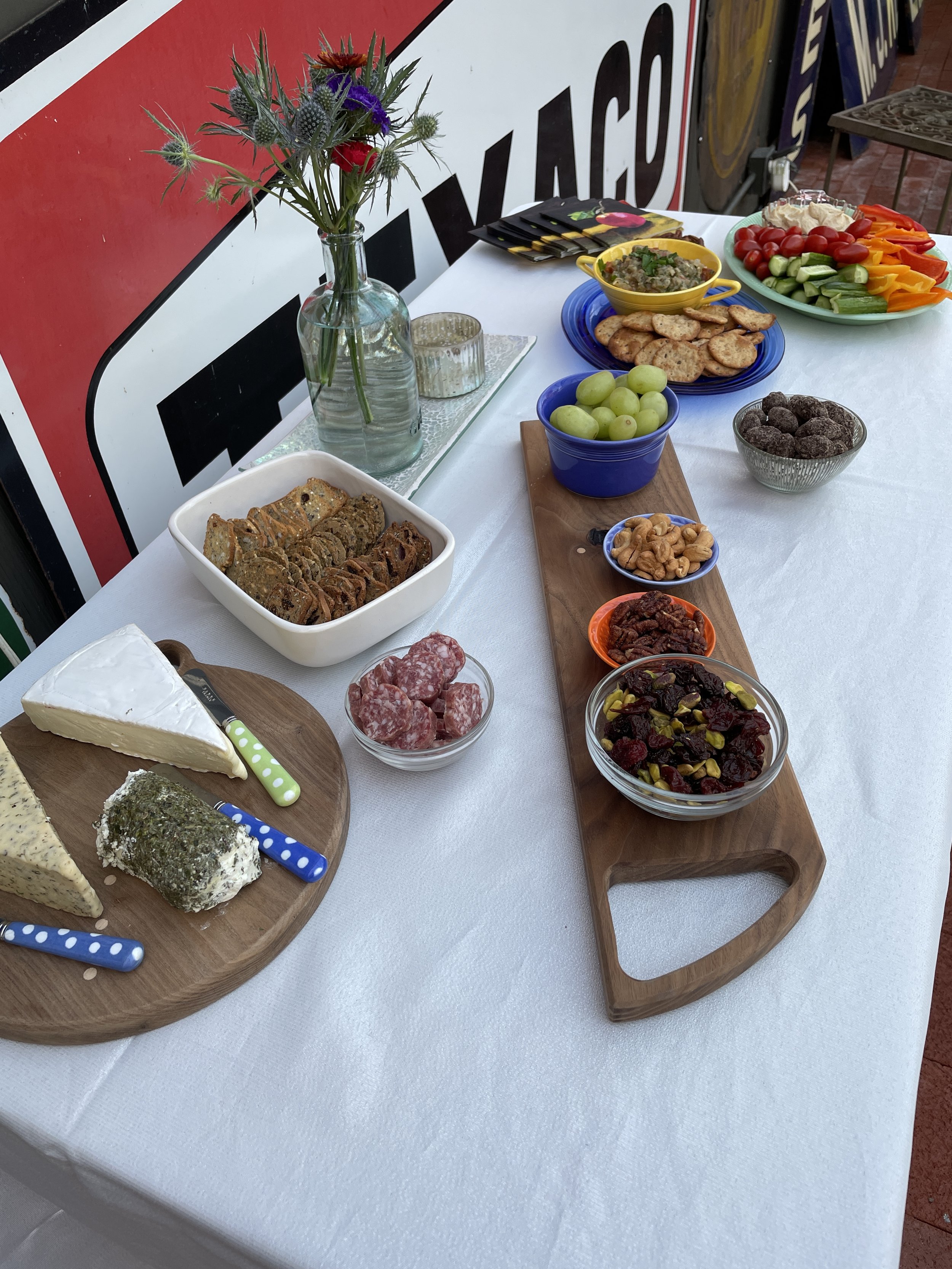We’re here, folks! Thanksgiving week is upon us. As I’ve talked with people about their holiday plans, I’ve heard a wide range of responses. Some are feeling completely stressed, while others are pretty relaxed. Are you at one extreme or somewhere in between?
The differences in how people are feeling revolve around things like . . .
Are they hosting or being a guest?
Are you bringing part of the meal to the host’s home?
Will you be cooking, catering, or dining out instead?
How many people will be at the event?
Are you feeling organized enough or completely disorganized?
Are you concerned about family dynamics or drama?
How much traveling is involved?
Is your Thanksgiving tradition the same, or will it be different this year?
Are too many non-holiday things happening in your life right now?
Are you missing loved ones who are unable to be with you?
What? Thanksgiving is this week?
Which questions resonate with you? How are they influencing your approach and attitude about the holidays?
EASE: Embrace, Arrange, Savor, Express
I created a short acronym, EASE, to help you enjoy Thanksgiving more. This simple phrase works for everyone but is especially useful if you feel stressed or overwhelmed by this holiday or upcoming ones.
Breathe in EASE as you focus on engaging each idea.
Embrace imperfection and unpredictability.
Arrange simple, meaningful gatherings.
Savor the flavors, conversations, and moments.
Express gratitude for those things, big and small.
1. Embrace imperfection and unpredictability.
Embrace melds two ideas: Let go of perfection and acknowledge that life, let alone holiday gatherings, can be unpredictable. Focus on ‘good enough’ to soften perfectionistic tendencies. In addition, I remind myself of the many kooky things that happened at past Thanksgivings. We’re talking turkey catching on fire, EMS rescuing a guest who passed out, and almost pouring all of the gravy (that took days to make) down the kitchen drain.
While unpredictability might result in initial panic followed by quick action, the memories can evolve into fun and memorable Thanksgiving lore.
2. Arrange simple, meaningful gatherings.
Arrange encourages you to entertain in a meaningful and doable way. So, if cooking isn’t your thing, think about ways to make this aspect easier. Maybe it means letting someone else host, and you bring wine or dessert. Perhaps it means hosting but buying pre-made foods. Or maybe you’re going all out with hosting but simplifying the number of dishes you make.
More than what dishes you serve, the time spent together makes the holidays meaningful.
“Focus on ‘good enough’ to soften perfectionistic tendencies.”
3. Savor the flavors, conversations, and moments.
To savor means thoroughly enjoying and appreciating something, especially by lingering on its lovely qualities. There are so many opportunities to savor on Thanksgiving. I love the scents and tastes of this holiday. I can’t wait to bite into a section of a juicy pomegranate with its garnet-colored tart and sweet seeds, smell the hot apple cider simmering on the stove, or hug and talk with my loved ones.
A mindful presence will bring ease as it helps you engage more deeply with foods, people, and moments of connection and love.
4. Express gratitude for those things, big and small.
Being intentional about what you’re grateful for profoundly benefits your mental, emotional, and physical well-being. For example, gratitude is a natural stress reducer, fosters resilience, strengthens relationships, encourages kindness, improves sleep, boosts self-esteem, reduces negativity, and cultivates mindfulness.
While gratitude is often associated with and promoted more during the holiday season, expressing gratitude is a practice and awareness that can be integrated into every day.
Acknowledging even one thing you are grateful for will bring you more ease.
Human-Centered Thanksgiving
Approaching the holidays with EASE will help you focus on what’s most important and let go of what isn’t. You’ll feel less stressed, more joyful, and calmer. What can you do to infuse more ease into your holidays? I’d love to hear your thoughts and invite you to join the conversation.
Do you want help decluttering, organizing, brainstorming, or planning? Have you experienced the benefits of having an accountability partner? I’m here for you. Virtual organizing is an extraordinary path forward – A local feel with a global reach.
Please schedule a Discovery Call, email me at linda@ohsorganized.com, or call 914-271-5673. Organization and ease are possible, especially with support.














